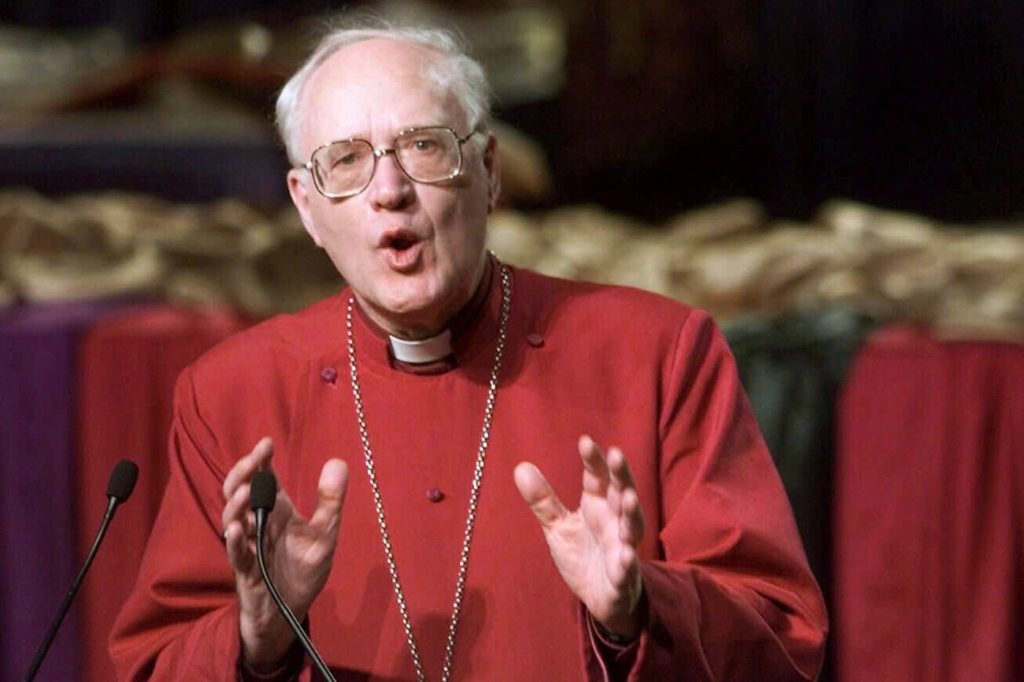LONDON (AP) – The Church of England's extended search for a new leader is anticipated to conclude on Friday, with hopes that the next Archbishop of Canterbury will aid the church in recovering from previous scandals and navigate the global Anglican community through ongoing disputes regarding sex and gender issues.
The former Archbishop, Justin Welby, announced his resignation in November after an independent investigation revealed that he failed to promptly inform authorities of serial physical and sexual abuse by a volunteer at Christian summer camps. This news has added to the mounting pressure for the church to confront allegations of neglect surrounding sexual abuse that have plagued it for over a decade.
The announcement regarding Welby's successor is expected on Friday. The Archbishop of Canterbury not only serves as the spiritual leader of the Church of England but also holds a symbolic position as the head of the worldwide Anglican Communion, a body that encompasses over 85 million members across 165 countries. This significant role requires the new archbishop to address the concerns regarding the church's efforts to eradicate sexual abuse scandals.
According to Andrew Graystone, an advocate for church abuse survivors, the new archbishop will inherit a range of challenges including diminishing church attendance, cumbersome management structures, and disputes among clergy concerning personal issues. However, he emphasized that the primary challenge will be to restore trust after a decade of scandals regarding abuse.
The selection process for the next Archbishop of Canterbury, managed by a committee of approximately 20 people chaired by the former director-general of MI5, has been ongoing for 11 months. Unlike the Catholic Church's more publicized conclave processes, the selection of the Archbishop lacks transparency, with no published list of candidates or public voting. Instead, it involves a lengthy process of consultations within various interest groups to identify suitable leaders among the current bishops.
Historically, this marks a significant moment as two of the leading candidates are women, a milestone for the Church of England, which began ordaining female priests in 1994 and appointed its first female bishop in 2015. George Gross, an expert on monarchy and modern religious thought at King’s College London, pointed out that if the UK can have a female prime minister and a female monarch, then it is time for a female Archbishop of Canterbury as well.
Among the prominent candidates is Guli Francis-Dehqani, the Bishop of Chelmsford, who is a former refugee from Iran, having fled the country with her family following the Iranian revolution in 1980. Her personal experience has shaped her perspective on immigration, providing her with a deeper understanding of the traumas faced by many asylum seekers. Another contender is Rachel Treweek, the Bishop of Gloucester, who made history in 2015 as the first female bishop in the House of Lords.
Additionally, Michael Beasley, the Bishop of Bath and Wells and a former epidemiologist who played a crucial role in guiding the church through the Covid-19 pandemic, is also believed to be in contention for the role. With a new leader on the horizon, the Church of England stands at a pivotal point in its history, facing the pressing need for reform and the rebuilding of trust among its congregations.










